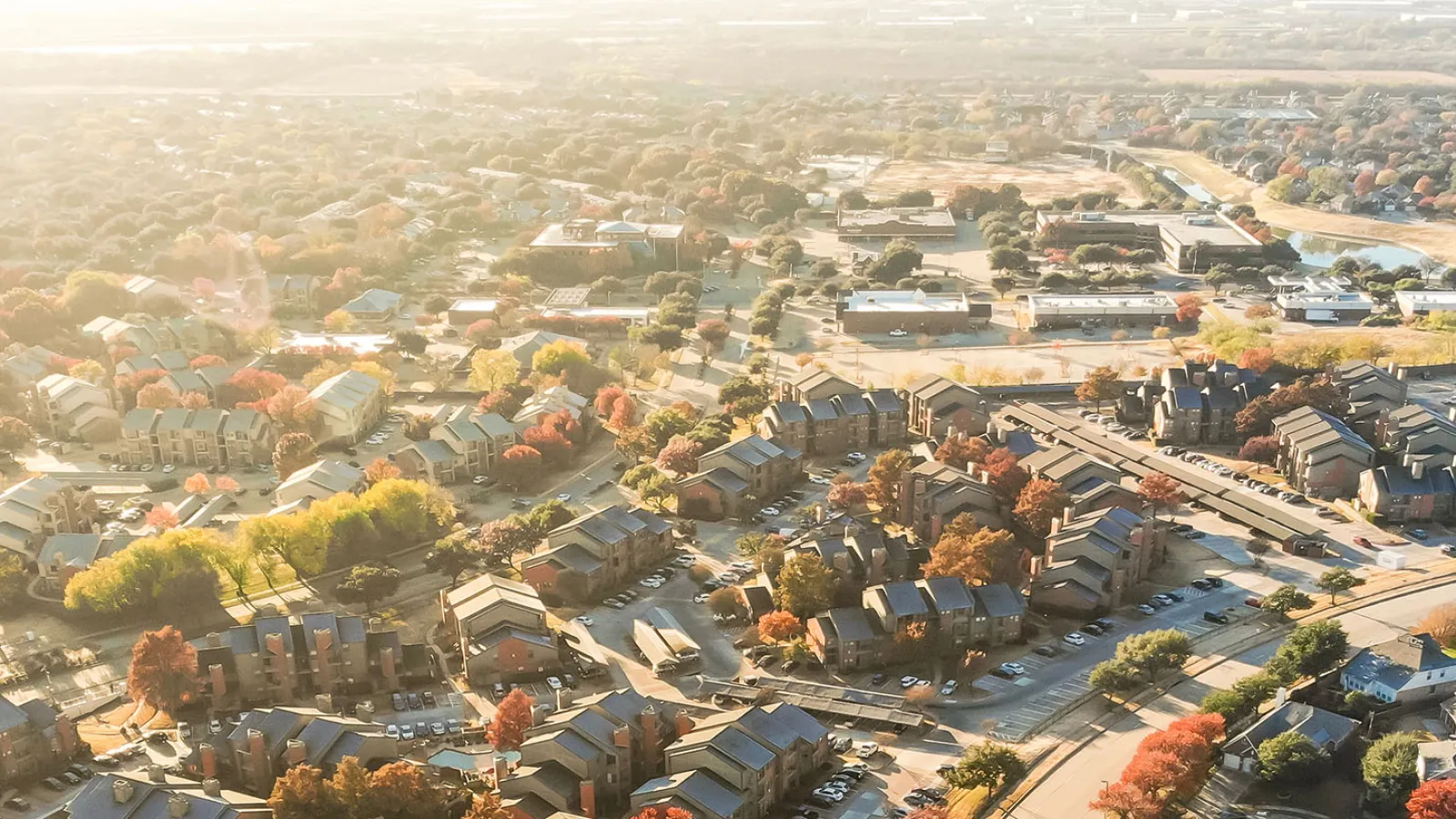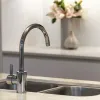Are you noticing signs of sewer line problems? Well, that stinks!
No, we mean it literally stinks. At least sometimes. Other times, you might notice there are issues with your sewer line before you smell anything gross.
If you’re wondering how to tell whether the phenomena you’re experiencing are related to your sewer line, we’ve compiled a list of five key indicators your sewer lines might be damaged, broken, clogged, or leaking. If you’re noticing any of these signs of sewer line problems, your best course of action is to contact a plumbing company that specializes in sewer issues.
Here are five potential signals that you’ve got an issue with your home’s sewer line.
1. Some areas of your yard are unusually lush.
When there’s a leak somewhere in your sewer line, you may notice areas of your lawn that are a deeper green than others. The grass in these areas will usually grow taller and fuller as well.
Why does this happen? Well, human waste is a natural fertilizer. Yes, that’s kind of gross, but it’s true. This is why many farmers and gardeners fertilize their soil with manure.
Of course, you don’t want to fertilize your yard with what you’re flushing down your toilet. When you see those atypically lush areas of grass – they’ll sometimes appear as patches and other times in a sort of line – there’s a good chance you’ve got a leak in your sewer pipe.
2. Your yard has sunken spots.
Before considering signs of sewer line problems that you experience inside your home, it’s important to acknowledge an additional signal that appears outside your residence. Sometimes you won’t have lush areas of grass where there’s a sewer line leak; instead, you’ll have a sunken, pitted area.
Some yards have dips and pits, and that’s fine if they’ve always been there. But when you have a sewer line problem, sometimes you will notice new sunken spots in the earth. The interior of the indentation might also be wet. When you see something like this in your yard, contact a plumber.
3. Sewage is backing up into your tubs or floor drains.
This is the classic sign of a sewer line problem: sewage backup in your home.
Consider this issue a red alert that you need to address a sewer issue ASAP! Sewage in your home doesn’t just stink; it can create unsanitary conditions and damage your property. Your first step will be to cut off the main water supply. Then call an experienced plumbing company to assess the issue and identify the best next step.
When you’ve got a damaged or leaking sewer line, the backup will usually appear in a tub or toilet at the lowest level of your home. If you’ve got a basement floor drain, it will probably show up there first.
4. You’ve got slow drains all over the house.
While none of these symptoms of a sewer line problem are particularly auspicious, this is the one you probably want to have if you had to pick.
That’s because slow draining sinks and tubs are usually a sign that the sewer line is beginning to back up. Over time, the problem can get worse and you might start seeing sewage coming through the drains. If you notice that all of your drains are slower than usual – not just one, but multiple drains – then you might be seeing the first signal that something is wrong with your sewer line.
Hearing gurgling noises in multiple drains is another of the many signs of sewer line problems and is related to slow draining. Again, one gurgling or slow drain probably means that particular drain is clogged. But when more than one are doing it, you may have a problem deeper within your plumbing system.
5. You’re always plunging.
And it’s not just one toilet. It’s all of them. Sinks, too.
Much like the slow or gurgling drains, toilets and sinks that keep backing up can be a sign that something is awry deeper in the pipes.
If you notice these signs of sewer line problems, we can help
Sewer line issues are not fun to deal with. But when you let them linger, the problem just gets bigger and crappier.
If you live in Metro Atlanta and are experiencing sewer line issues, contact PV today! We’ll send an experienced plumbing team to your home to inspect your sewer line, identify whether there’s a problem, isolate it, and apply the best possible solution.
Simply give us a call at (404) 282-2915 today or complete the form on this page!






